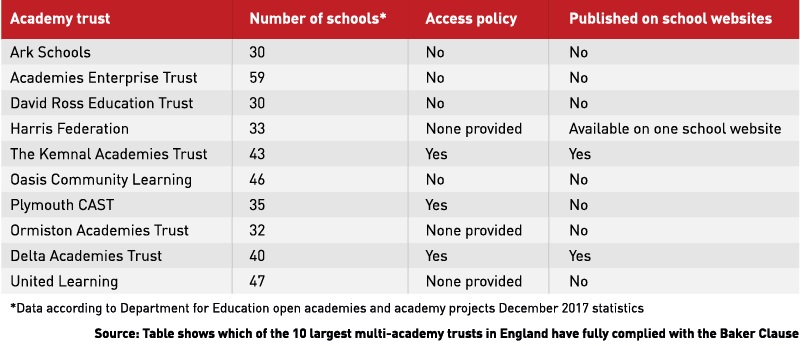A university technical college in Cheshire has been accused of poaching students from local schools in the middle of the year, in the latest embarrassing blow to the struggling programme.
The pupils were due to join UTC Warrington as normal in September, but it invited them to move over this month, winding up neighbouring heads and potentially forcing them to return per-pupil funding to the government.
The skills minster Anne Milton has herself acknowledged that “concerns have been raised” about whether the UTC’s actions are “in breach of the admissions code”.
“We are taking this seriously and are in discussions with the UTC, the local authority and representatives from local schools,” she said in response to a written parliamentary question from Helen Jones, the MP Warrington North.
The council was very disappointed by the unwise decision of the UTC and are unimpressed by its educational principles
UTCs, technical institutions for 14- to 19-year-olds, were launched in 2010, and have struggled with recruiting sufficient numbers of students at 14, as many children don’t like to leave schools they have usually attended since they were 11.
They’re often seen as unwelcome competition in the FE sector, which typically recruits from 16, and eight have been forced to close so far.
Almost every UTC missed its recruitment targets in 2016-17, and 39 are having to return a combined debt of over £11 million to the Education and Skills Funding Agency.
UTC funding is allocated based on estimated student numbers, so if their actual enrolment is lower than predicted they have to repay the excess money.
The schools which have lost pupils to UTC Warrington could also now be asked to return money to the government, as their funding is also directly related to the number of pupils they teach.
The UTC has been scolded by for its “unwise decision” by one of its own founding members, Steven Broomhead, who is also chief executive of Warrington borough council.
“Members” are effectively the owners of a UTC, involved in setting it up and responsible for important decisions, but Mr Broomhead did not mention his involvement.
“The council was very disappointed by the unwise decision of the UTC and are unimpressed by its educational principles,” he said. “We have met with the UTC to discuss the matter and in particular how, in future, our young people’s interests could be better served by developing good relationships between schools and the UTC.”Ms Jones told The Warrington Guardian that she found it “astonishing” that the UTC had recruited the pupils early “without approval from the Department for Education”.
“The actions of the UTC have damaged many schools and will lead to yet further cuts in their budgets,” the MP said.
She has subsequently tabled questions to the government, asking it to compensate the schools that have lost money.
In response, Nadhim Zahawi, a junior minister at the DfE, wrote a letter on January 19, saying “no schools will lose funding in the current academic year for those year 9 pupils who have made an early transfer to Warrington University Technical College.
“The department is aware that concerns have been raised about the UTC’s actions and is discussing them with the UTC, the local authority and representatives from local schools.”
The UTC declined to comment.




